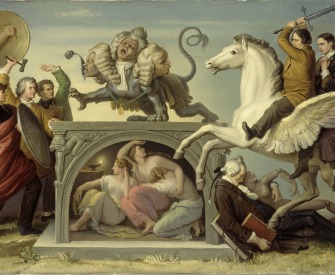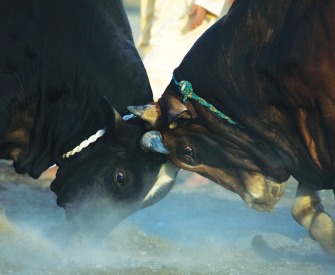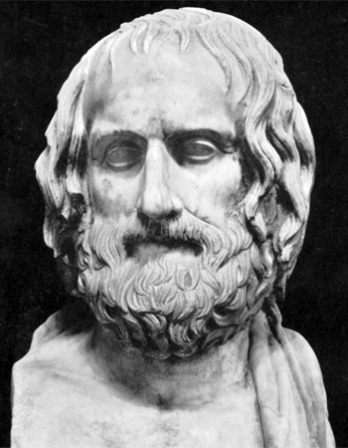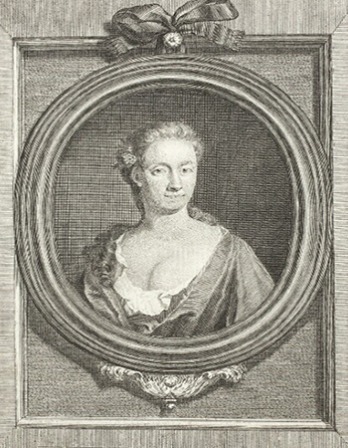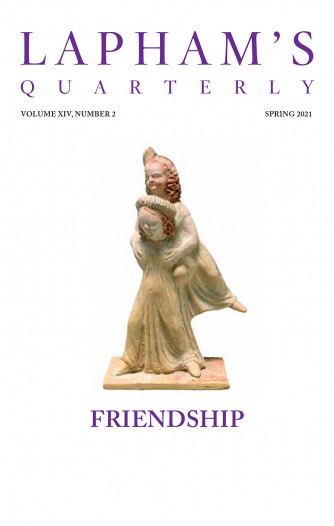We were determined to press this question of the enfranchisement of women to the point where we were no longer to be ignored by the politicians, as had been the case for about fifty years, during which time women had patiently used every means open to them.
We found that all the fine phrases about freedom and liberty were entirely for male consumption, and that they did not in any way apply to women. When it was said that taxation without representation is tyranny—when it was “taxation of men without representation is tyranny”—everybody quite calmly accepted the fact that women had to pay taxes and even were sent to prison if they failed to pay them—quite right.
We found that “government of the people, by the people, and for the people,” which is also a time-honored Liberal principle, was again only for male consumption. Half the people were entirely ignored; it was the duty of women to pay their taxes and obey the laws and look as pleasant as they could under the circumstances.
In fact, every principle of liberty enunciated in any civilized country on earth, with very few exceptions, was intended entirely for men, and when women tried to force the putting into practice of these principles for women, they discovered they had come into a very, very unpleasant situation indeed.
Now, I want to say to you who think women cannot succeed: We have brought the government of England to this position. It has to face this alternative: either women are to be killed or women are to have the vote. I ask American men in this meeting, What would you say if in your state you were faced with that alternative—that you must either kill them or give them their citizenship—women, many of whom you respect, women whom you know have lived useful lives, women whom you know, even if you do not know them personally, are animated with the highest motives, women who are in pursuit of liberty and the power to do useful public service?
Well, there is only one answer to that alternative. There is only one way out of it, unless you are prepared to put back civilization two or three generations: you must give those women the vote. Now that is the outcome of our civil war.
You won your freedom in America when you had the revolution, by bloodshed, by sacrificing human life. You won the Civil War by the sacrifice of human life when you decided to emancipate the Negro. You have left it to women in your land—the men of all civilized countries have left it to women—to work out their own salvation.
That is the way in which we women of England are doing. Human life for us is sacred, but we say that if any life is to be sacrificed it shall be ours; we won’t do it ourselves, but we will put the enemy in the position where they will have to choose between giving us freedom or giving us death.
From “Freedom or Death,” a speech delivered at the invitation of the Connecticut Woman Suffrage Association. At the age of five, Pankhurst attended a fundraiser for newly emancipated American slaves. “Young as I was,” she later recalled, “I knew perfectly well the meaning of the words slavery and emancipation,” noting that the experience taught her about “that spirit of fighting and heroic sacrifice by which alone the soul of civilization is saved.” In 1889 she founded the Women’s Franchise League, which in 1894 secured married women’s right to vote in local elections; in 1903 she founded the militant Women’s Social and Political Union in Manchester.
Back to Issue

